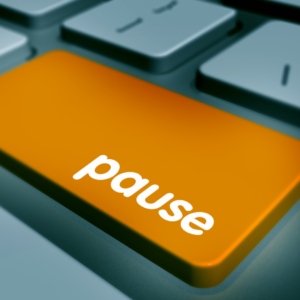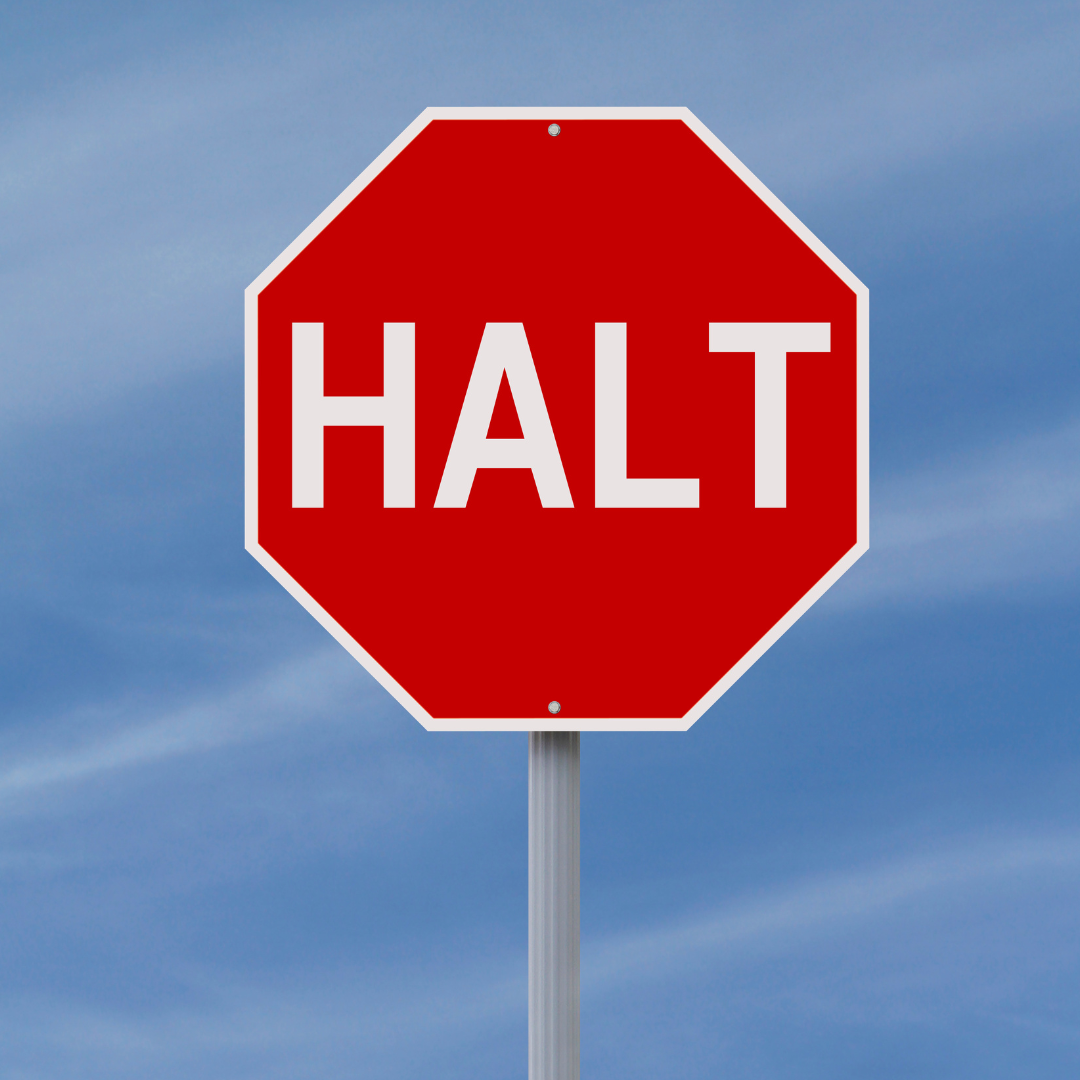Last week I asked, “Who are you when you’re hungry?” This week there’s an acronym that keeps popping up in my mind. HALT. It stands for Hungry, Angry, Lonely, Tired. It serves as a reminder that these four common stressors are powerful enough to derail our personal well-being. HALT means I pause before my character defects run wild. Without practicing the pause, there’s a risk that I will overeat, overthink, or overreact.
James says it this way, “My dear brothers and sisters, understand this: Everyone should be quick to listen, slow to speak, and slow to anger,” James 1:19 CSB
This message from James is vital to practicing the pause. Especially if the person I need to listen to is me. As I listen to my inner dialogue, I find myself with a mixture of scripture, scoldings from childhood, and social media quotes floating in my thoughts. Being quick to listen and slow to speak means taking the time to go inward and reflect.

Slow To Anger
Quick to listen, slow to speak, and slow to anger. Feeling hungry, lonely, and tired could lead us to plunge head-first into the anger pool. But when we pause, listen, and take it slow, we’ll find ourselves anchored to our purpose. And that purpose is to imitate Christ.
We’re not told it’s a sin to be angry, we’re told not to sin in our anger. (Ephesians 4:26) Jesus modeled how to handle anger when He cleansed the temple, overturning the tables and chairs of those defiling God’s house.
Anger kept in check clears out hypocrisy, while anger run wild is a destructive force that alters our character and allows toxic thoughts to take root.
As Easter approaches, let us begin practicing the pause, and fix our eyes on the One who also endured the trials, temptations, and stressors of life without sin.

